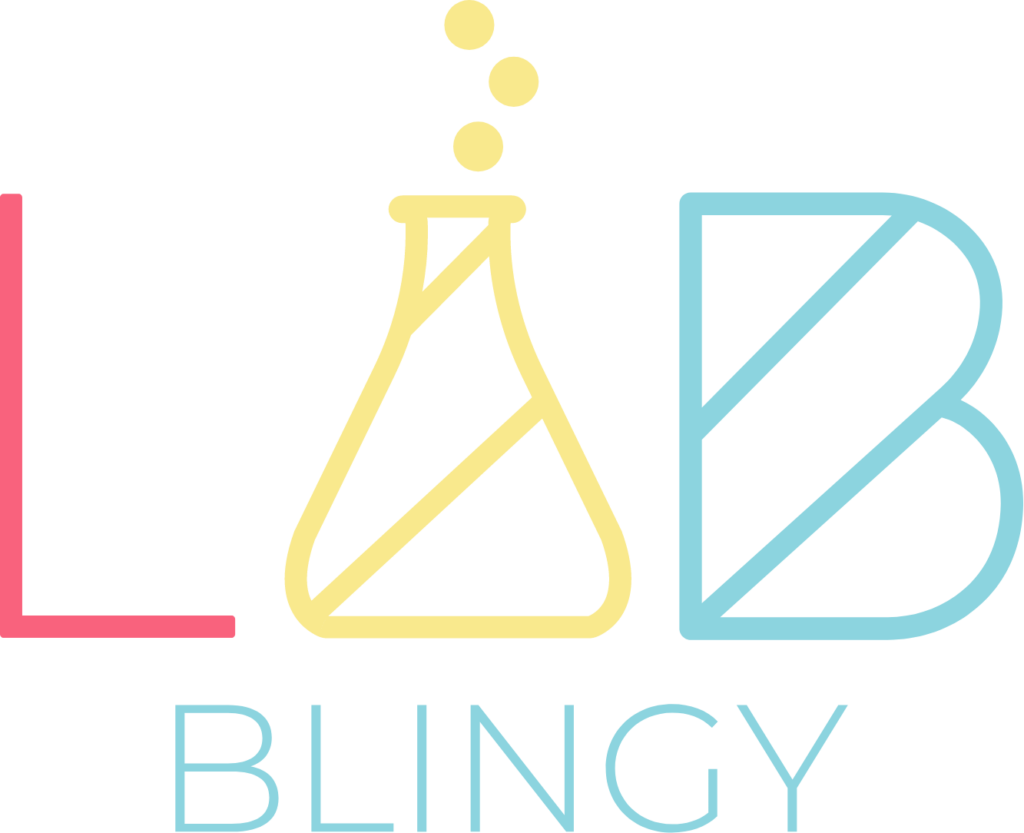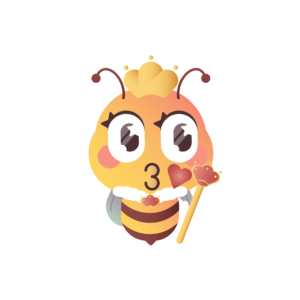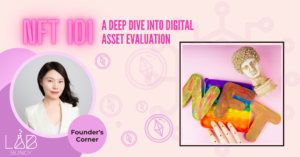Blockchain is tagged to be one of the most disruptive innovations. Like any other paradigm-shift technological innovation, this technology has continued its progressive stride towards providing a seemingly quintessential appeal. As we move into the new year, several mind-blowing modifications will be applied to mundane blockchain activities – just the facts!
In this blog, we will look at some of the most exciting new Blockchain trends to expect in 2022
Let us dive in…
Green Blockchain Initiatives
Blockchain systems consume tremendous energy, particularly those used for Bitcoin and other cryptocurrencies. Processing these systems necessitates the synthesis of many complex calculations, which consume a large amount of energy from coal and fossil fuels. This process is called mining and utilizes energy roughly equivalent to the annual energy consumption of countries like Sweden or Argentina.
The United Nations Sustainable Development Goals (UN SDGs) are having a go at achieving zero pollution from the Blockchain, particularly Bitcoin mining, through spearheading initiatives like the ‘Green Bitcoin Project.’ Some companies such as Energyglare are starting to meet this urgent call of enforcing a smaller carbon footprint into the Blockchain stratum with the social responsibility of opening this sustainable market to everyone.
In 2022, initiatives like the Green Bitcoin Project would not just be a new wave but elicit a leading edge in countering environmental sustainability challenges.
NFT Expanding Beyond Online Art
Non-Fungible Tokens (NFTs) are fast becoming a blockchain sensation. The rare or unique quest to encourage asset acquisition of any digital object while combating counterfeiting continues to bloom.
These digital arts extend to the real world. As the NFT market matures, 2022 would see more diversification of the NFT industry through the unlocking of unique online and offline experiences – more incredible opportunities to explore. Such options would include applications from the nascent ‘NFT 2.0’ where tokens are useful for procuring real-life paraphernalia, an instance of the NFT project, Stoner cats by Mila Kunis. Similarly, NFT-controlled access would facilitate fans’ access to live events like NBA games and concerts. Gamers would also collect NFTs as they progress through the levels, as entire games are now being established on NFTs.
NFT 2.0 is a proceeder of these augmented experiences. This new version would see the industry adopt fewer passive tactics of bringing more life to intangible online assets.
Rationally, I would say a greater sense of originality and satisfaction springs from experiencing some art tangibly; these sorts of offline features would be seen more – what a time to be alive!
More Countries Adopt Bitcoin & National Cryptocurrencies
Over the years, lots of global consideration and emphasis were on the impact of Bitcoin and cryptocurrencies in general; this feat keeps espousing this innovation as one of the most controversial and disruptive technologies. Though illegal in some countries, these digital currencies are gaining prominence and reconsideration in countries, especially nations that once labeled crypto’s impact cataclysmic.
El Salvador, some months ago, adopted Bitcoin as a legal tender making her the first country to legitimize a cryptocurrency as a medium of exchange. With El Salvador pioneering this move, much-vested interest has lurked in other body politics. Some enthusiastic crypto users in America are already proponents of making Bitcoins a legal tender in the United States. Bitcoin, a UK complementary digital currency, is another prospect on the horizon.
This trend is one to keep an eye on – easy clairvoyance!
Blockchain & IoT Integration
Yotam Gutman in the RFID Journal described the ‘Internet of things as a doomsday scenario waiting to happen.’ As a sophomoric Blockchain explorer, these sorts of off-putting anecdotes about technologies might dash your hopes or interest in learning how to invest in Blockchain; you need not worry.
Blockchain development trends in 2022 would see the combination of Blockchain and the Internet of things, a case of “two better than one, not because either is infallible, but because they are unlikely to go wrong in the same direction.” Internet of things interconnects tech devices that out-turn an insane amount of data, raising concerns about these databases’ interoperability, history, and security.
This distributed ledger technology, Blockchain, with its repertoire of offering tamper-proof security, would reinforce this system by providing ready solutions to the lack of security, monetization, and overall efficiency in the IoT sphere.
Blockchain in Vaccine Manufacture & Tracking
High incertitude surrounded global vaccine and biologics manufacturing after the news of the COVID-19 pandemic in early 2020. As vaccines gained traction, the dilemma of tracking for sufficiency or creating robust estimates for the world’s vaccine manufacturing capacity arose.
This emerging Blockchain trend, where Blockchain would help improve vaccine inventory management and real-time monitoring of vaccine capacity, will be prevalent come 2022.
For example, IBM is implementing many technological advances in healthcare, such as AI and Big data. With this application of Blockchain, a trustworthy, effective system built on a blockchain ledger would enable vaccine producers to contract out all or parts of manufacturing and distribution while ensuring that the final product arrives in communities safely.
Are These Blockchain Future Trends Promising?
As a blockchain enthusiast, I am confident that these revolutionary five blockchain trends in 2022 will go above and beyond to ensure a high-grade experience in the Blockchain universe.
If you are intrigued by Blockchain or even a perennial user, making decisions may be easier, especially when you know what’s on the horizon.
So, which one of these upcoming trends piques your interest the most?
Follow my Twitter @JoyyuanWeb3 to learn about the trends of Blockchain, Crypto, and Web3!








